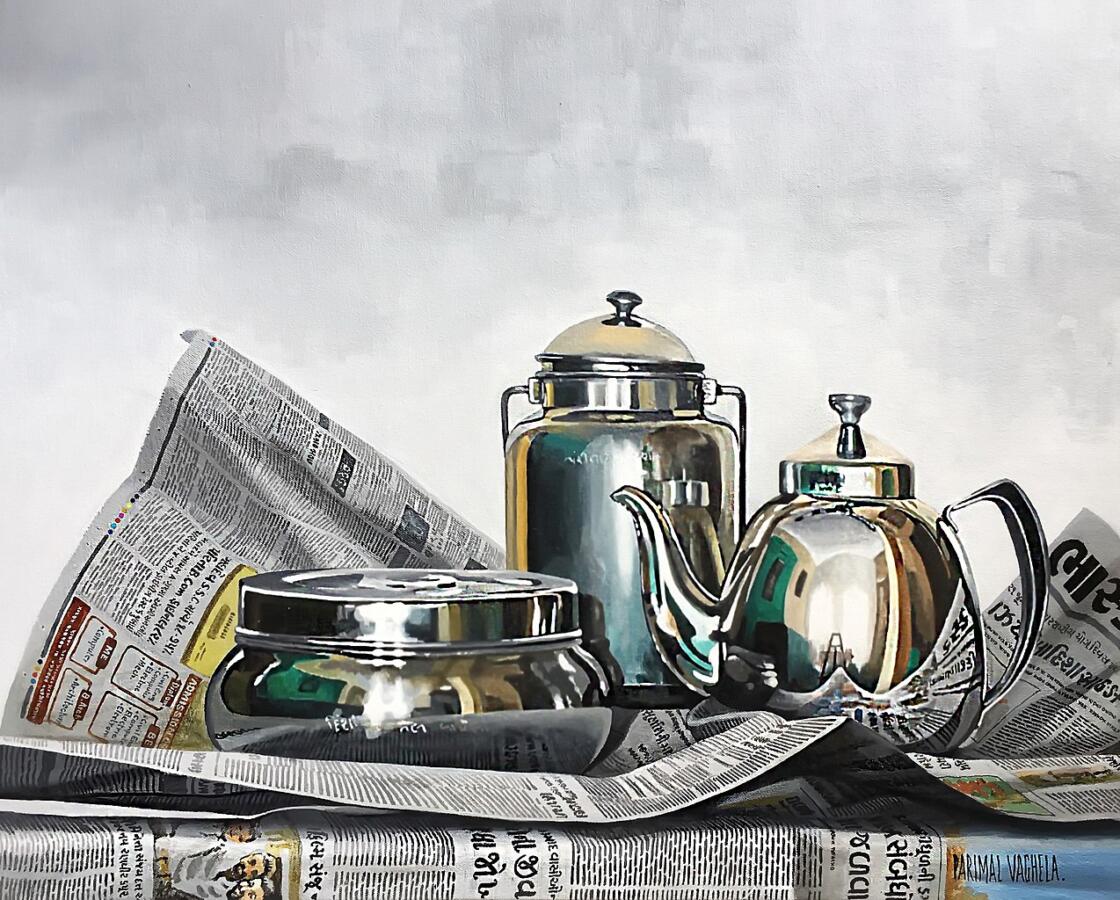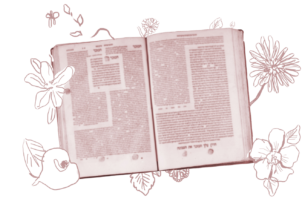From Ancient Greece comes a story of rival artists, Zeuxis and Parrhasius, who competed to create the most realistic painting. Zeuxis drew grapes so realistic birds flew down to peck at them. Parrhasius brought his picture covered in cloth. Reaching out to lift the cloth, Zeuxis was stunned to discover he had lost the contest — the cloth was really his rival’s painting.
The Jewish version of this tale? In the story of Joseph, as he languishes in an Egyptian prison, two of Pharaoh’s imprisoned servants come to him. The cupbearer is given a favorable interpretation. The baker tells Joseph that he dreamed of three baskets on his head out of which birds were eating. Joseph prophesies his death.
How did he know? The Maggid of Dubno explains: Once an artist created a painting of a man carrying bread. The bread looked so real that birds pecked at the canvas. When one observer commented that the painting was perfect, another responded, “No, if it were perfect, the man would be realistic too, and the birds would be afraid to get close. They can tell he is artificial, and so they attack the bread.”
Similarly, said the Maggid, Joseph realized that the birds in the baker’s dream ate the bread because the man did not scare them off, for he was not really alive.
Rabbi David Wolpe’s musings are shared in My Jewish Learning’s Shabbat newsletter, Recharge, a weekly collection of readings to refresh your soul. Sign up to receive the newsletter.
The post A Remarkable Interpretation appeared first on My Jewish Learning.




